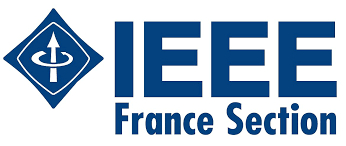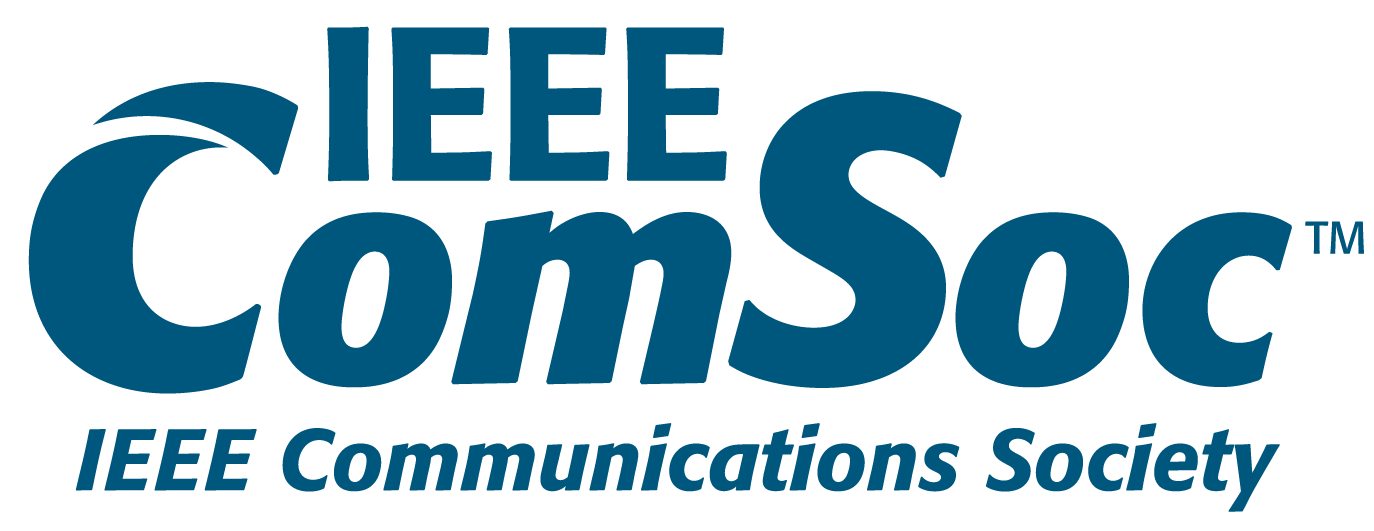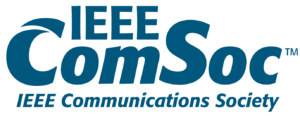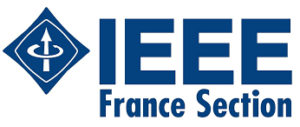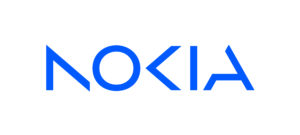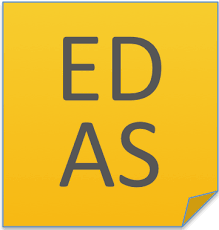Keynotes
Keynote #1: Going beyond network compute continuum – UNEXT
Abstract: The network compute convergence has led to acceptance of notion of network-compute-continuum. This unified execution environment however, needs to be bundled with the knowledge from different domains horizontally and the interaction of network and application vertically. UNEXT addresses these challenges by enhancing the network compute continuum with knowledge continuum capabilities and network application symbiosis mechanisms. In this talk the motivation for this approach and different system elements will be presented.
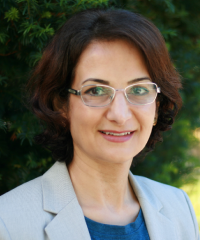
Azimeh Sefidcon
(Nokia Bell Labs, Sweden)
Bio: Azimeh Sefidcon is VP, head of network system and security research at Nokia Bell Labs responsible for an international team of researchers and works toward the realization of Unified Networking Experience ( UNEXT ) vision. Prior to this, she led the cloud based systems and platform research at Ericsson and was the driver of network compute fabric vision. She holds a PhD degree in IP mobility, a master degree in intelligent networks and a master degree in computing hardware. Her personal research interests are on complex system theories, advanced computing and crypto agility. She has held various leadership and advisory roles in industry and research institutes.
Keynote #2: Scaling AI Infrastructures to 1,000,000 GPUs
Abstract: The successful training of large language models (LLMs) depends on large AI infrastructures. For example, the state-of-the-art LLMs in 2024 already used 10,000 GPUs; infrastructures at the scale of 100,000 are being actively developed; and there are estimations that we will need one more order of magnitude (OOM) infrastructures. In this talk, we will first review the major advances in scaling AI infrastructures. We will then discuss the remaining challenges, in particular, the fault tolerance, the efficiency with increasing latency, and the ease-of-use challenges, as we scale further. At the end, we will go over the key designs of DAO (Distributed AI Operation-System), an AI OS that we are developing and discuss its main innovations to scale on observability, scheduling and optimization.

Y. Richard Yang
(Yale University, USA)
Bio: Y. Richard Yang is a Professor of Computer Science and Electrical Engineering at Yale University, where he is a member of the Computer Systems Lab. His research spans areas including computer networks, wireless networking, mobile computing, distributed systems, and network security. His research has been recognized by many awards including ACM SIGMobile Test of Time Award, National Science Foundation CAREER Award, Facebook Faculty Research Award, Google Faculty Research, and Microsoft Research Award. He has served as program chairs on a wide range of topics including network quality of service (IEEE IWQoS), network economics (SIGCOMM NetEcon), programmable networking (SIGCOMM SOSR), and network-application integrations (SIGCOMM NAI). He received his B.E. degree in Computer Science and Technology from Tsinghua University (1993), and his M.S. and Ph.D. degrees in Computer Science from the University of Texas at Austin (1998 and 2001).
Keynote #3: Self-Driving Networks: Use Cases, Approaches, and Research Challenges
Abstract: Communication networks such as datacenter networks and next-generation cellular networks (e.g. 6G) are becoming more and more complex but also more and more flexible and adaptable. Automation and computer-aided modelling and design, allow to deal with such complexities and exploit technological flexibilities, enabling a vision of self-driving networks. In this talk, we discuss use cases for such self-driving networks, approaches for modelling workloads and to tailor network infrastructure to it accordingly, and research challenges. In particular, we will explore the use of machine learning and formal methods to achieve performance and dependability goals at the same time.
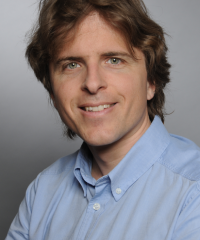
Stefan Schmid
(Professor at TU Berlin and Fraunhofer SIT, Germany)
Bio: Stefan Schmid received the M.Sc. and Ph.D. degrees from ETH Zurich. He is a Professor with the Technical University of Berlin, Germany, working part-time for the Fraunhofer Institute for Secure Information Technology (SIT), Germany, and the Faculty of Computer Science, University of Vienna, Austria. He was a Postdoctoral Fellow with TU Munich and the University of Paderborn, a Senior Research Scientist with T-Labs, Berlin, an Associate Professor with Aalborg University, Denmark, and a Full Professor with the University of Vienna. He received the IEEE Communications Society ITC Early Career Award 2016 and an ERC Consolidator Grant 2019.
Keynote #4: From 5G to FutureG: What needs to change, why and how?
Abstract: It has been five years since 5G was first deployed, and we expect mobile operators globally to have invested more than $750B in 5G infrastructure by the end of 2025. 5G was poised to revolutionize every aspect of our digital society, but 5G’s take-up has been lackluster, and its widespread adoption has not been realized. However, research into 6G research has started in earnest, and we can expect 6G rollouts to happen before 2030. I will begin this talk by drawing some lessons from 5 years of 5G deployment and argue that FutureG/6G should take a fundamentally different approach than 5G took to deliver tangible value. I will identify the flaws in the strategy adopted and suggest alternative approaches. I will then formulate 6G design as an AAA challenge (where the three As refer to affordability, availability and adoptability), and will highlight some of the enabling technologies and capabilities that mobile operators need to develop, as well as the up-front investments required, in order to make 6G successful. Finally, I will explore some of the complex challenges that operators must consider before embarking on this audacious journey.
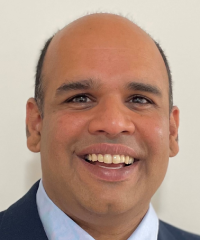
Venkatesh “Venki” Ramaswamy
(Distinguished Chief Technologist for NextG, The MITRE Corporation, USA)
Bio: Dr. Venkatesh Ramaswamy is Distinguished Chief Technologist for NextG at MITRE Labs in Bedford, Massachusetts, where he currently leads technical innovation and R&D activities in 5G/6G technologies. He has more than 22 years of experience in the telecommunications industry and has held technical leadership positions at top technology companies, startups, and research labs. Currently he serves as one of the active industry members of the ATIS/Next G Alliance Research Council, working on the development of a comprehensive North American 6G strategy. He is also an industry researcher at the NSF Edge AI Institute, where he explores synergies between networking and AI. He has published more than 50 peer-reviewed publications and holds numerous patents, served as a Technical Program Committee (TPC) member for various conferences, and participated in several technical panels. He received his PhD in Electrical Engineering in 2007.

